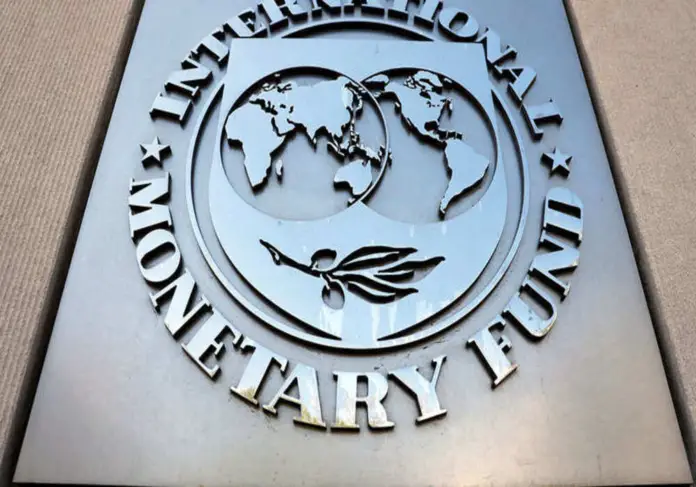Pakistan is one of the richest countries in the world in terms of natural resources but also one of the poorest countries due to its unstable economy. Inconsistent economic policies due to irregular regime changes in Pakistan have arguably taken a toll on the economy and masses. Repeated bail-out packages under tough conditions set by the International Monetary Fund (IMF) have remained a main feature of the economic policy of every other government either civilian or the military coming into power. Earlier, it was PTI chief Imran Khan, who used to make tall claims of not taking loans from the IMF to revert economic recession, but he failed to come up to his words. And now his successor, the PML-N, is trying hard to woo the IMF for the revival of the $6 billion Extended Fund Facility.
Any deal with IMF is not a sweet pill; rather tough conditions imposed by the international lending agency further exhaust the national resources. Fixing of a tax target, removal of subsidies and re-payment schedule are some of the unresolved issues that involve some sort of extensive bargaining. Currently, the attachment of tough conditions with any future loan facility for Pakistan has created a deadlock over the issue of further financial assistance from the International Monetary Fund (IMF). Reportedly, the IMF has also sought from Pakistan all details of Chinese financial support for any bailout package to Pakistan. So far, Pakistan is facing a huge trade deficit and it is pursuing two pronged strategy to bridge the gap. It has been seeking financial help from China and some friendly Muslim states like Saudi Arabia and UAE. Moreover, it has also been engaged in talks with the IMF for acquiring extended fund facility worth US $6 billion. Though the government claims that the talks are proceeding positively and the IMF will soften its conditions, yet there is a danger that the government will compromise some of the public interests. There is also a possibility that the government could take more tough decisions which will ultimately invite severe wrath from the general public.
That Pakistan is a donor/aid dependent country is a fact that is in little doubt. However, what never ceases to amaze is the fact that we do not put any effort into being anything but that, into reforming our economic system in such a way that we can tuck away our begging bowl and hold our heads up high. Presently, Pakistani government and economy are going through a rough patch. Reckless borrowing and wasteful spending by previous government have left the government in a tough spot. The government needs to invest money on setting up more industries. It should hire young talented people who can set up local automobile, mobile phone, medical, aviation industries and invest money on locally made products. When the export will rise, we can get rid of the IMF debt.
Since the initiation of the assistance programme, IMF has urged Pakistan to take certain measures to improve budget deficit by improving exports and privatising the loss-making public enterprises. Although the previous government made some efforts, yet it failed completely. The loss-making entities like Pakistan International Airlines, Pakistan Railways, Pakistan Steel Mills, power distribution companies and other state-owned companies have been running in losses for years. Although the progress of the economy hinges a lot on the increased exports and foreign direct investment in the country, an increase in the tax net is the utmost necessity to self-sustain the economy. Countries like Pakistan need to revisit the received wisdom and utilise their own wisdom to see what is in our best interests without dictation or the vise-like grip of IMF programmes that have proved failures all over the world.
Undoubtedly, it will be an absolute disaster for the country to get deeper into IMF’s clutches. Their aim is to choke the economy so that it is unable to flourish, and remains dependent on the IMF/World Bank financial system which is controlling most of the world. Unfortunately, most of our so-called economists are trained to think within the box, and cannot be expected to produce anything original or meaningful. On the other hand, Russia and China are emerging as independent economies, and it would be prudent for us to lean more towards them as economic partners, rather than abrogating our economic sovereignty to the so-called IMF. The IMF has always imposed such money-collection measures on us that struck at the very roots of our economic growth potential so that by the time one IMF programme is completed, another one of double proportion becomes necessary. And this vicious circle has been going on for the last many decades. Our forex reserves have continued to fall, our dependence on imported petroleum is continuing to multiply, and cost of electricity is escalating dangerously. In short, we never have hard currency reserves which make our sovereignty extremely vulnerable. We are over-dependent on foreign borrowings and they have placed us under covert sanctions.







